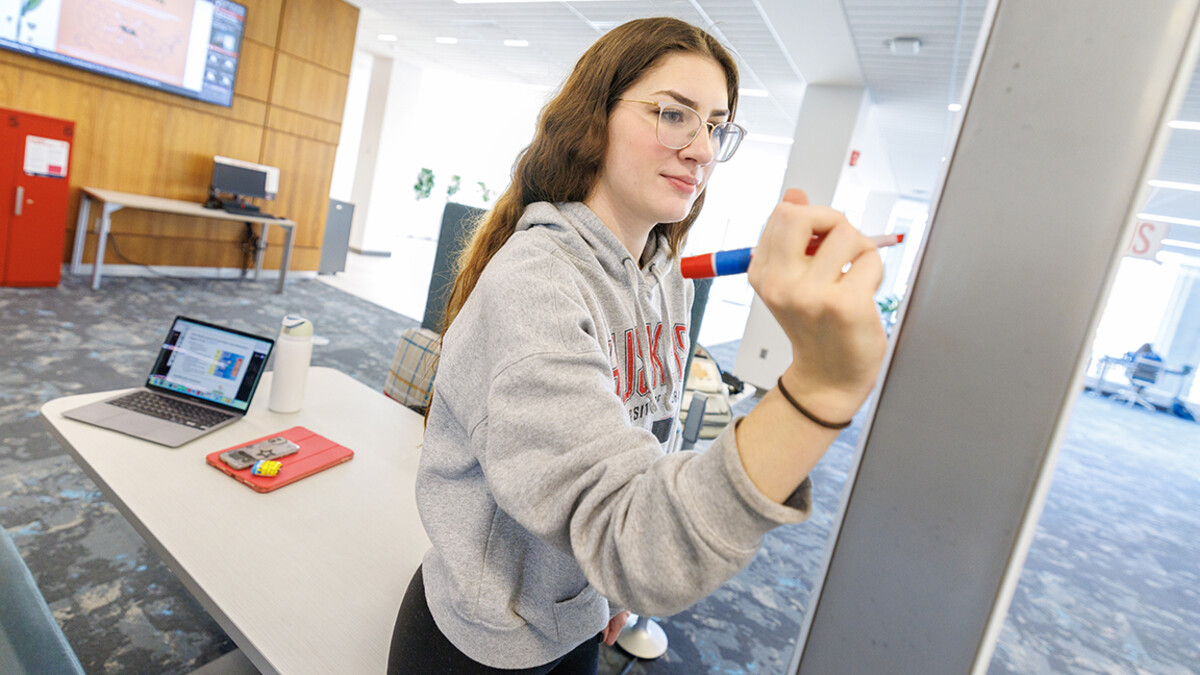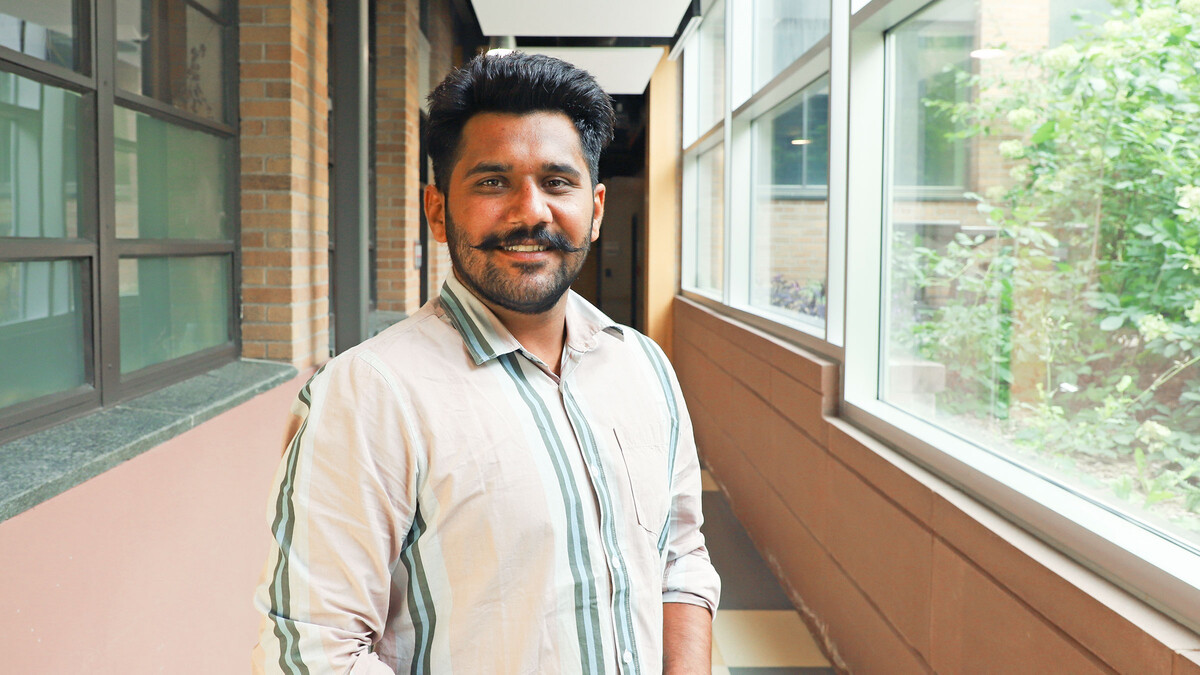
The religiously unaffiliated, including atheists, are the fastest-growing (non)religious population in the United States. But the social stigma associated with atheism leaves this population vulnerable to isolation and poor mental health outcomes.
Dena Abbott, assistant professor of counseling psychology, recently completed a yearlong study to investigate the psychological well-being of two groups of atheists — rural-residing and woman-identified atheists — in the context of anti-atheist discrimination in the U.S.
During the project, which was funded by an Office of Research and Economic Development Research Council grant and housed at the Nebraska Center for Research on Children, Youth, Families and Schools, Abbott examined the relationships between atheists’ psychological well-being and several factors, including atheist identity and outness, and experiences with discrimination and nonreligious microaggressions.
Her research revealed that because atheists continue to experience a variety of social challenges, many are uncomfortable about disclosing their non-belief.
“Both rural and woman-identifying atheists were thoughtful about not sharing large parts of their worldview,” said Abbott, a research affiliate.
Abbott recruited 600 atheist participants from throughout the U.S. — 300 rural-residing, 300 women-identifying — who provided data on both overt discrimination and microaggressions they have experienced because of their non-belief. She also learned about participants’ psychological distress and well-being, as well as their strengths.
Data show that for many women raised in or around Christianity, they found atheism to be “liberating” from the general expectations of women rooted in faith. While they reported frequently experiencing anti-atheist discrimination was uncommon, they cited Christian authority and the expectation to adapt to Christian norms as more distressing than individual acts of anti-atheist discrimination.
One stereotype frequently reported by women atheists was that they often were viewed by non-atheists as “sexually immoral.”
Rural atheists reported significantly different challenges than their urban counterparts.
“Atheists living in small towns — which tend to be more religious and politically conservative — often reported experiencing a heightened sense of danger because of their non-belief,” Abbott said. “Rural atheists talked about a fear of violence more than urban atheists did.”
Although few reported experiencing violence or hate crimes, Abbott said, some did experience threats. One participant who wrote secular opinion columns in their local newspaper received death threats at a local restaurant from another community member.
Rural atheists also noted a lack of secular health care in smaller communities, particularly mental health care. Often, they reported, such care is faith-based.
Abbott aims to use these findings, along with other atheists research she has conducted, to eventually create a handbook for mental health professionals working with non-religious clients.
“How important your identify feels to you, and the amount of discrimination you experience or internalize, has implications for your psychological well-being and happiness, as well as mental health and psychological distress,” Abbott said.
Learn more about this project in the Center for Research on Children, Youth, Families and Schools’ Research Network. This project aligns with the University of Nebraska–Lincoln’s Grand Challenge of health equity.







